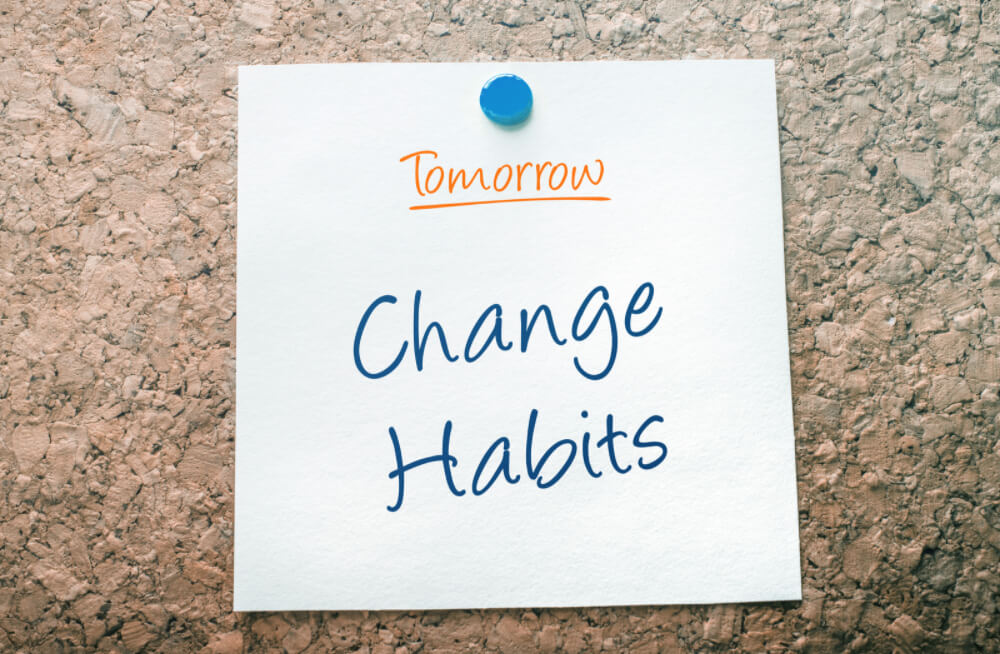Five Bad Habits Causing You Stress

Stress is an inevitable part of modern life, but some of our habits not only don't help reduce our stress levels but make them worse. Here are five of the worst offenders and things you can do instead.
1.) Consuming too much caffeine
Caffeine is one of those things that can be good for us in small amounts but causes problems in large doses. It is a stimulant, after all. A cup or two of coffee or tea in the morning isn't a problem, but drinking more than that, or drinking it later in the day, can make you anxious, nervous and give you problems sleeping. All of this will increase your stress levels and lead you to need more caffeine again the next day, creating a cycle. So instead of having an extra serving of caffeine to help you stay alert, take a break, and go for a short walk. It'll wake you up and reduce your stress levels.
2.) Overeating or Undereating (and eating the wrong foods)
Stress wreaks havoc on our insulin levels and our appetites. Some people stop eating enough when stressed, while others overeat. Unfortunately, both responses increase stress levels even more. This is compounded when we eat the wrong food because stress causes us to crave fat and sugar. So watch what and how much you eat. Cheese and crackers are a good substitute for potato chips. For example, fresh fruit can cure a sugar craving without giving you a sugar crash later in the day.
3.) Skipping Exercise
Sure, not going to the gym saves some time when you're busy, but it causes more stress in both the long and short terms. Exercising releases endorphins that immediately lower your stress levels and help prevent the illnesses induced by chronic stress. Instead of skipping the workout altogether if you can't make it to the gym, try to go for a walk or do exercises in your living room.
4.) Too much screen time
We all love our smartphones, laptops, TVs, and video games. However, screen time is bad for our minds and bodies for long periods. It overstimulates our nervous systems, causes anxiety, and makes it hard to sleep. So, instead of spending unlimited time online or behind a screen, set limits for yourself (in your downtime, if you must use screens at work).
5.) Bad sleep habits
Stress makes it hard to sleep, and not sleeping well causes stress. The best way to break this cycle is to create good sleep habits. Give yourself a bedtime. Stick to it. Don't have caffeine late in the day. Create a bedtime routine that will help signal to your body that it's time to sleep. Turn off the TV and put the smartphone away before you lay down.
It's important not to change too many habits at once. Start by picking one habit you want to change that you believe is detrimental to you moving forward toward your goal. Then, try making a few changes to that one bad habit that you've picked. For example, let's say your goal is to get healthier physically by starting to go for a walk every morning. Start small, like a short walk around the neighborhood instead of expecting to start with a five-mile walk. Set small goals that will eventually lead you to your ultimate goal.
Finally, don't be too hard on yourself. Everyone has habits they would like to change. The first step is to acknowledge the habits you want to change. Then, you will be able to move forward in achieving your goals.
Why not choose one of these habits and begin working on it and replace it with a better one. You'll be glad you did.
